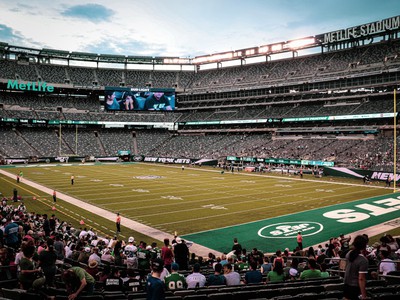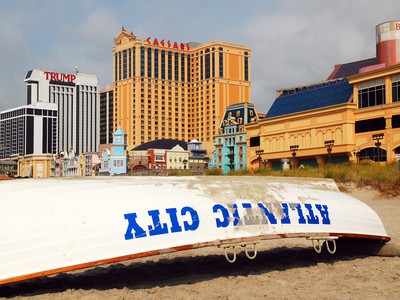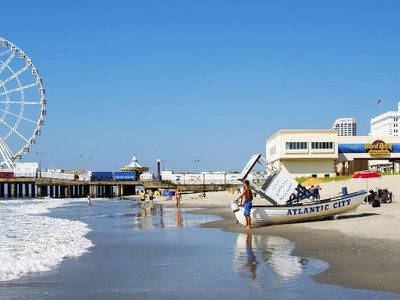The New Jersey legislature has moved to prevent harness racetracks from operating sportsbooks without continuing to provide live racing.
Senate Bill No. 3771 — sponsored by Sen. Steven Oroho (R-Sparta) — was approved 7-0 by a State Assembly Committee on December 6, after passing the New Jersey Senate by unanimous vote in June.
If the bill is signed into law, it will forbid harness tracks from closing down racetrack operations, and, effectively becoming, off track betting (OTB) venues. That process, known as decoupling, has become an increasingly common practice throughout the US in the last few years.
Sports Wagering on the Rise
After the Professional and Amateur Sports Protection Act (PASPA) was overturned in 2018, Democratic Gov. Phil Murphy signed the bill that would legalize wagering on sports in New Jersey. As a result, racetracks in the state were awarded licenses and sports betting boomed.
However, lawmakers are concerned that the recent trend for decoupling could have a detrimental effect on parts of the New Jersey economy.
The bill states that, “The Legislature recognizes the importance of the horse racing industry to this state, which includes generating millions of dollars in agribusiness and tax revenue, thousands of jobs, and support for thousands of acres of productive agricultural open space.
“This bill seeks to protect this industry and the benefits to the state of racing-related training and breeding farms by ensuring the continuation of live horse racing for racetracks that operate sports pools.”
There are a total of three harness racetracks currently operating in New Jersey: Freehold, which is partnered with Barstool Sportsbook; Monmouth Park, which is partnered with the sportsbooks of Sugarhouse and Caesars; and Meadowlands, partnered with FanDuel, PointsBet and Superbook.
The bill is unequivocal about the obligation, stating that “racetracks that currently or previously conducted live standardbred horse race meetings must continue to do so as a condition of operating a sports pool.”
In addition, there is a significant minimum requirement to meet, with each course having to schedule “at least 151 live standardbred race meetings per year” if they wish to hold onto their sports betting licenses. Any track wishing to hold fewer race days will have to obtain permission from the Standardbred Breeders’ and Owners’ Association of New Jersey.
Problems Increasing for Racetracks
More than 30 states have legalized sports betting since PASPA was annulled. On the surface, horse racing and sports betting might seem to complement each other, but the two have made for increasingly uncomfortable bedfellows in recent months.
Maine’s Scarborough Downs had enjoyed 70 years of racing before going out of business in November of last year and becoming an OTB establishment. Pompano Park, Florida’s only harness track, is currently the subject of much legal wrangling. The track has managed to avoid closure so far, but whether that will still be the case this time next year is anyone’s guess.
These are the kind of scenarios that New Jersey’s lawmakers are trying to prevent from happening. Sportsbooks currently generate more than $1 billion in monthly revenue in the Garden State, and some see sports betting as a vital tool in keeping racing alive.
Less optimistic commentators believe that sportsbooks will come to see racetracks as an unnecessary burden in the long run and dispense with them altogether. Whichever side of the fence you are on, the decoupling debate is sure to continue for the foreseeable future.










